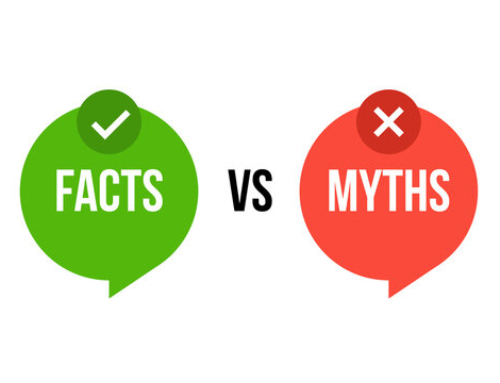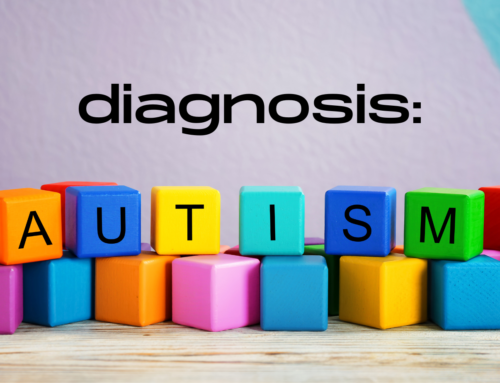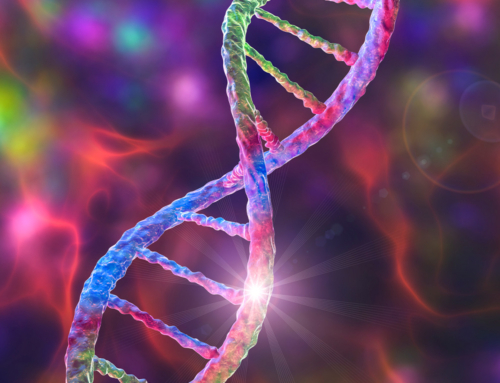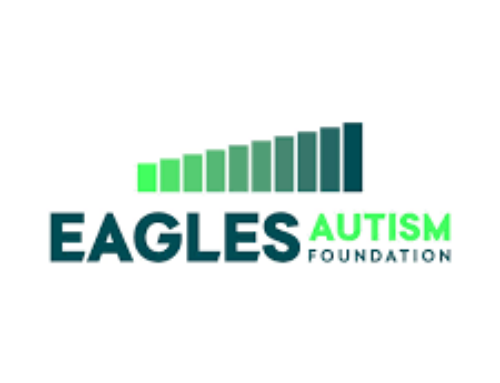It isn’t only those with autism that suffer, it also reaches out and touches the family members of those affected by it!
A new study has found that the siblings of children with autism are more likely to struggle with depression, social problems, and anxiety. This latest study has shown even more evidence to support the theory that autism affects many more people than just those suffering from it. Carolyn Shivers, the assistant professor of human development at Virginia Polytechnic Institute and State University, who led the study said, “We’ve found evidence now from nearly 70 studies that says there is actually something going on there.”

“We don’t really understand that much about what underpins [this phenomenon]. “Let’s hope [this paper] kicks off research that really tries to get at the mechanisms.” Said William Mandy, senior lecturer in clinical, education and health psychology at University College London. Mandy wasn’t involved in the study but hoped that the findings would help drive further research into autism’s heritability.
The findings of the study were published 3 October in Clinical Child and Family Psychology Review. The study included several control groups and concluded that siblings of autistic children are more likely to develop social problems compared to those who weren’t exposed to autism at a young age. “They point toward comorbid conditions and features that may aggregate in families, and for which siblings may be at risk,” said Molly Lost, who wasn’t involved in the study, from Northwestern University in Evanston, Illinois.
The study concluded with advice to screen siblings of children with autism to ensure that any developmental problems were identified, and steps are taken to combat them before they developed further. It’s important that families with children who have autism also pay close attention to all siblings to ensure that they are getting the emotional and developmental support that they need.





